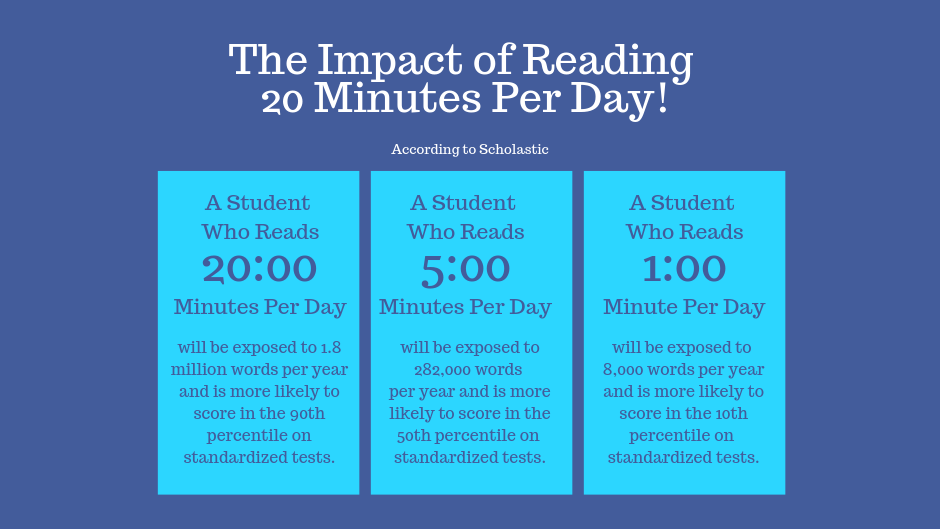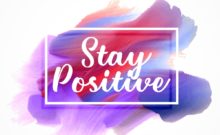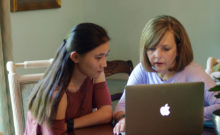When I meet with freshmen and sophomores and their parents, a question we always address is what should you be doing during the summer to be best prepared to apply to college when the time comes? The full answer varies based on interests, abilities, and a variety of circumstances, but one thing that absolutely everyone should be doing is reading.
This suggestion is generally not very well received! It seems that many students do very little reading outside of what is required for school. Many of them tell me that while they read for pleasure when they were younger and in elementary school, they no longer do so. I know there are many reasons for this, particularly cell phone use, but I’ll save that topic for another day.
When they tell me they don’t read, I always let them know this important fact: the more you read, the better you will do on the SAT or ACT. Full stop. These tests are designed to reward readers. There is no getting around it. Furthermore, colleges are looking for interesting students who can come to their campus and do interesting things. Generally, the most interesting students are the ones who are well-read.
All students will benefit by reading outside of class and particularly during the summer. This should include a mix of fiction and non-fiction as well as a mix of long and short pieces.
Here are a few suggestions for encouraging your students to read this summer:
- Let them know that you don’t have to read for hours to benefit. Reading just 20-30 minutes a day will make a difference.
- Non-fiction is particularly helpful for the reading section on standardized tests. Encourage them to read articles from The New York Times or The Wall Street Journal and then use an app like Evernote or OneNote to summarize the key points. Building stamina and developing analytical skills for non-fiction is directly related to improving test scores.
- Help them identify other non-fiction options for reading such as magazines related to a particular interest like Sports Illustrated, Wired, Rolling Stone or Popular Science.
The more you read, the better you will do on the SAT or ACT.







